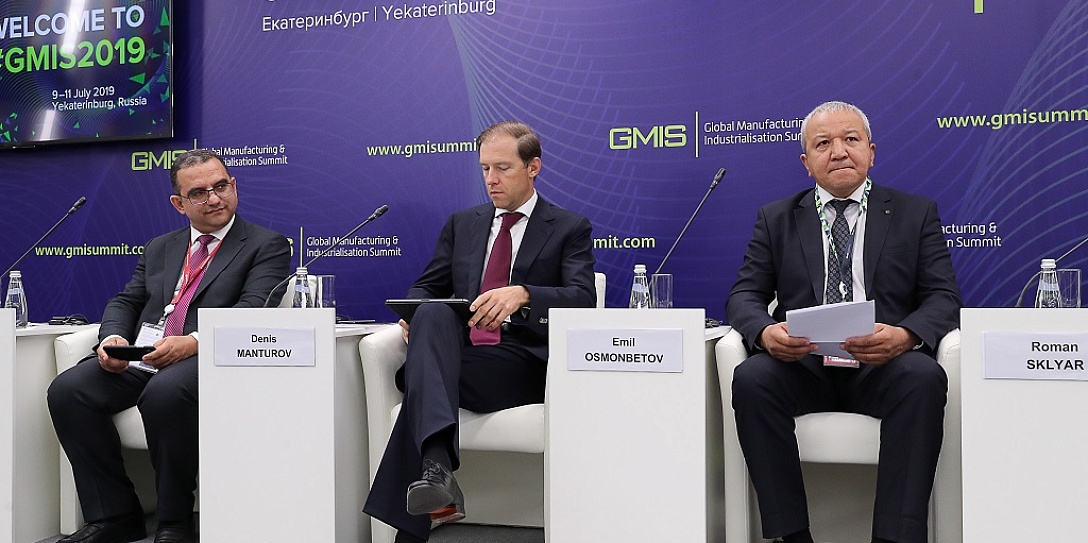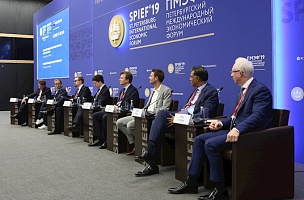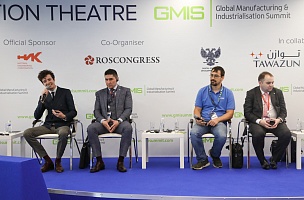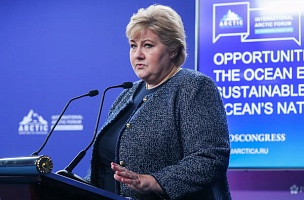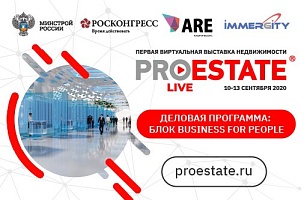On 9 July 2019, the first day of the Global Manufacturing and Industrialisation Summit (GMIS 2019), a ministerial panel session was held under the title «Driving Diversified Development and Defining the Future of Eurasia’s Competitiveness: From Policy to Practice».
The session moderator, Oksana Derevyanko, Head of New Business Communication, News Hub, noted in her opening address that the problems of economic diversification were encountered by many Eurasian countries since their economies are based primarily on extraction and sale of natural resources and they are facing growing competition on world markets. These factors increasingly prompt them to modify their industrial policy to drive innovation, attract investment, and create new industrial and integrational structures for increasing the competitiveness of their economies and products on the world market.
Denis Manturov, Minister for Industry and Trade of the Russian Federation believes that «Russia can play a key role in increasing production competitiveness in Eurasia by providing logistics support, since our country is a natural bridge between Europe and Asia. Russia can act as a unifying factor in the Eurasian space. Today, over six million containers cross from the EU to Asia through Russia every year». The Minister offered the EAEU countries a unifying initiative from Russia: to develop and produce various new generation storage and other batteries.
Alexander Subbotin, member of the panel (minister) for industry and the agro-industrial complex of the Eurasian Economic Commission noted in his speech that «the world today is highly competitive in every sphere, including for a new world system, and Russia plays a crucial role in this. The EAEU integration potential is great. «Digitalization of all vital spheres is not just a fashionable term but an irreversible process in all areas of the economy. It allows higher quality new products to be created. Mutual interests must be sought and mutual concessions made. Barriers must be removed», according to Alexander Subbotin.
Roman Sklyar, Minister for Industry and Infrastructure Development of the Republic of Kazakhstan continued the subject of co-operation within the EAEU, noting that «a transition must be made from component production to high-tech products, and co-ordination of the EAEU countries’ industrial policy is an imperative of the times. We should not compete with one another and wage trade wars. We must co-operate for the common good and make use of one another’s experience. At the same time, our countries must not lose their sovereignty», the speaker noted.
Andrey Slepnev, General Director of the Russian Export Centre, believes that «the Eurasian Economic Union is a mighty factor in developing co-operation but the barriers that slow down such links must be lifted, including by immediately resolving the issue of VAT refund.».
Shyam Upadhyay, Chief Statistician of the Department of Policy Research and Statistics of the United Nations Industrial Development Organisation (UNIDO), noted that «speaking of industrial policy, not only the mining industry should be meant but also other industries, including manufacturing. It is the driver of industrial development. What is crucial is innovation and new technologies — this is what is called economic diversification.»
The session participants also supported the Russian proposal voiced by Denis Manturov to develop and produce new generation energy sources. They believe that this project will unite the efforts of all countries in creating modern, state-of-the-art technologies and they gave their support for deeper integration throughout the EAEU.


